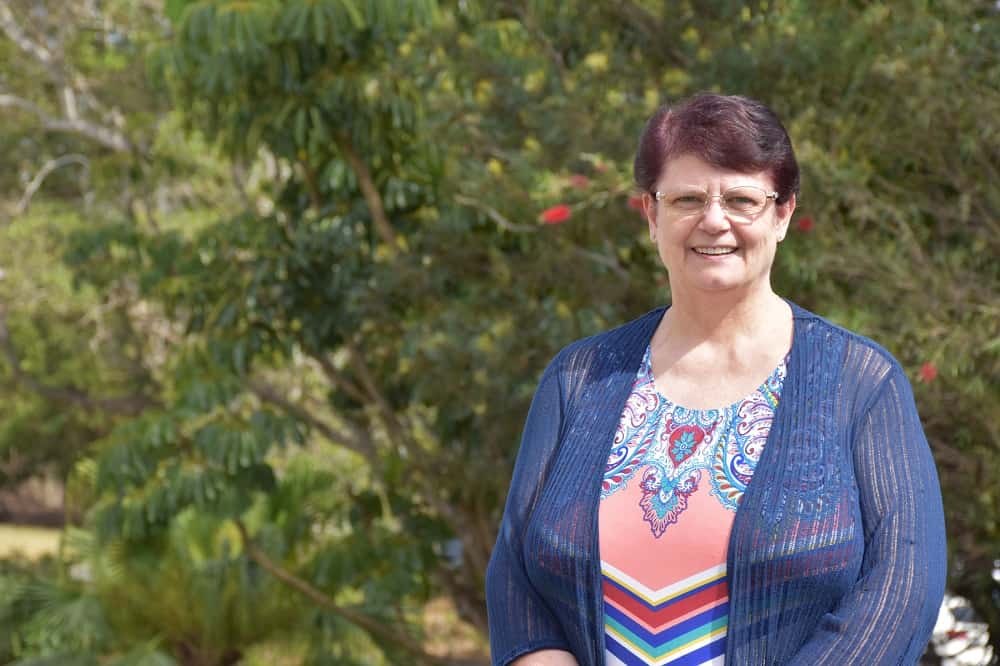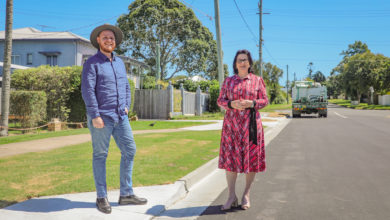
Just snap out of it.
Those are some of the most painful words you can say to someone who reveals they are suffering from a mental illness according to The Park Centre for Mental Health consumer advocate Annette Coutts.
“I used to sit with an older couple at bingo. We had been doing that for about five years. We got talking about various medications and I said that I was on some of them too. They asked why and I told them I had Bipolar disorder. They recoiled in horror and were saying ‘as long as you don’t do anything to us’. It really knocked me back. So it did make me reluctant to tell people about it,” Ms Coutts said.
The reality is that the stigma encountered by people with a mental illness can be as distressing as the symptoms of their illness.
West Moreton Health staff are now encouraging others in the community to mark Mental Health Week (6-14 October) by making a pledge to end stigma.
Staff members have the opportunity to sign a pledge to have conversations and to share their experience of mental illness in a bid to raise awareness and increase understanding.
Ms Coutts’ illness took her to the depths of despair, and was compounded by the shame and worthlessness she felt because of stigma surrounding her illness.
“In the early days I felt that all I was, was a label. I felt that I had bipolar rubber-stamped across my forehead and I could not get past that for a long time,” Ms Coutts said.
“There is a lack of basic understanding and an ignorance around mental health across many parts of the community. People only hear about mental health issues on the news and think anyone with a mental illness must be violent and dangerous. But most often people with mental illnesses are very vulnerable.”
Ms Coutts believes more should be done at a school level around educating people about mental health.
“Going into schools and universities as a lot of mental health issues develop in the 15 to 25 year group. The information needs to get to students and teachers about what it is. Also GP offices. There are walls full of clinical pamphlets. But usually less than a handful on different mental illnesses.
“Here at Queensland Health we are doing some good things to help educate the community. We conduct talks educating the police, emergency services and emergency departments. We have a specialist team to assist in call outs.”
Stigma has a massive impact in the community; Ms Coutts encourages everyone to find out more about mental health.
“It impacts on the fact that people don’t seek help when they need to seek help. They don’t go to GPs, they don’t attend appointments, and they stop taking medication because of all the stigma attached,” she said.
“There is always hope for the future. We never know what is ahead for us. Recovery is always possible.
“I am living proof that there is a good life waiting for you after mental illness. I know it can happen and it does.”
If you have concerns about someone close to you, you can call 1300 MH CALL (1300 64 22 55) and talk to a health care professional about available mental health support services and care.
Stop Stigma Charter:
• We will be informed
• We will listen
• We will be mindful of our language
• We will be inclusive
• We will challenge the stereotypes
• We will be supportive
• We will promote recovery

